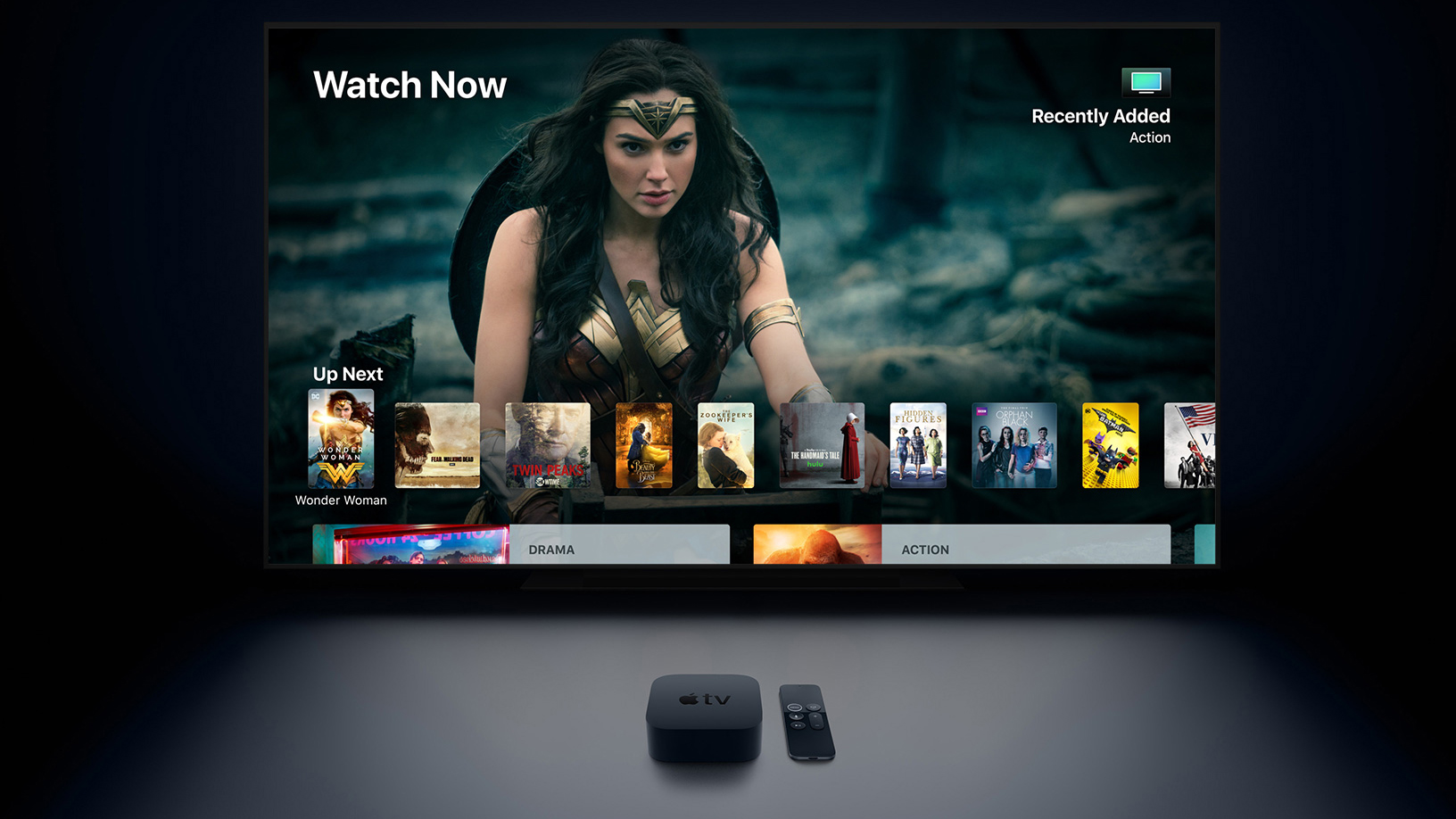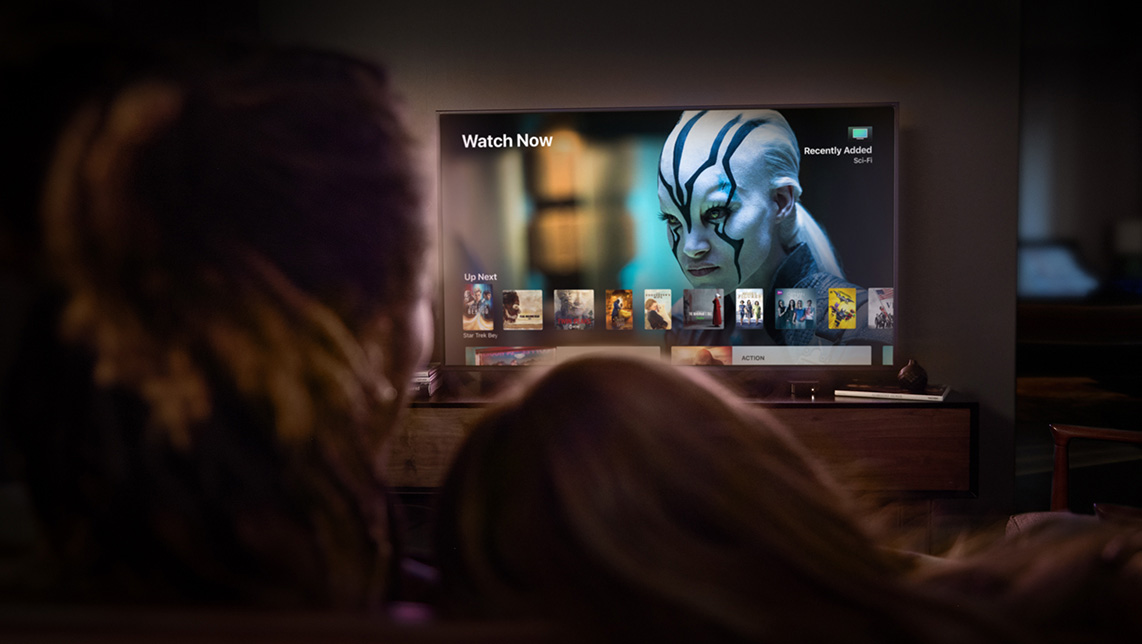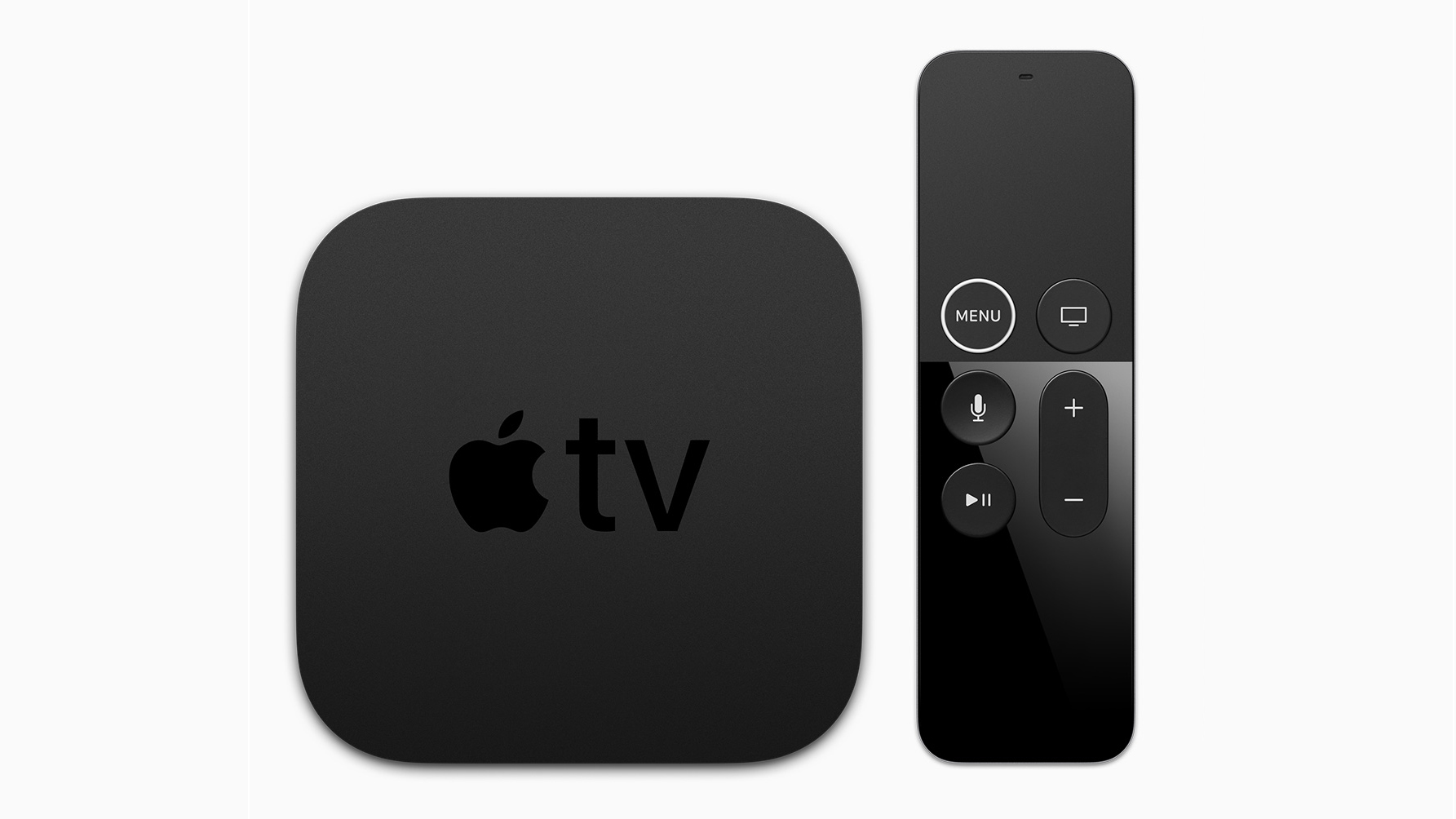Here's why the Apple TV still has a place in a world of Smart TVs
In 2017, Smart TVs still aren't perfect

After two years, the Apple TV has finally been brought up to date with support for 4K HDR. But in the past two years smart TVs have also improved dramatically, leading some to suggest that there's limited place for a device like the Apple TV in our Android, Tizen, and WebOS-equipped future.
But in truth, the Apple TV 4K has a lot to offer - it's just that you'll have to be invested in Apple's device ecosystem to really enjoy it.
Transitional arrangements
Streaming boxes had a much more obvious place back in the days of Full HD, non-smart TVs. While most people wait much longer to buy a TV than, say, a new phone, it made sense to provide dedicated hardware to watch online content on the big screen.
This was the world the original Apple TV was born into, and it gave people access to a smart ecosystem while the TVs themselves were too 'dumb' to do so themselves.
But as we've moved towards 4K TVs, smart TV ecosystems have improved remarkably, offering all the major streaming services from within the TV itself, no extra hardware required.

A lot to offer
So what could the new Apple TV possibly offer that goes above and beyond what is currently provided by your TV.
First and foremost, the new Apple TV offers integration with the Apple ecosystem, which is great for those people who are already invested in it.
Get daily insight, inspiration and deals in your inbox
Sign up for breaking news, reviews, opinion, top tech deals, and more.
That means offering access to any movies and TV shows you've bought from iTunes, it means allowing you to AirPlay your photos and videos from your iPhone or iPad to your TV, and it means having a central hub to allow your HomeKit-equipped devices to talk to each other.
Yes, everything in the above list can be provided by alternative services, from Google Play Movies to Google Cast and IFTTT, but for those already invested in the Apple ecosystem the Apple TV is a pretty neat package.

Smart TVs aren't perfect
Also, crucially, although most TVs these days include streaming apps, a lot of them suffer from a level of support that is questionable at best.
While streaming boxes are often quick to receive app updates, these same apps can often take much longer to be updated on smart TVs, leading to users missing out on features like 4K and HDR when they get added to streaming services.
Additionally, there have been multiple occurrences of smart TV platforms being broken by rogue updates in the past.
The problem is that with so many different models of TV to support, bugs can sometimes slip through the cracks, and updates can break features.
In comparison, with much fewer different models of streaming boxes out there, it's much easier for manufacturers to focus their attention, leading to better supported hardware and fewer bugs. With just two models of Apple TV currently available, apple definitely sits in the latter camp.
A place for Apple TV in 2017
In an ideal world there'd be no need for an Apple TV. We don't say this out of any dislike of Apple's hardware, but out of a desire to see Smart TVs improve to the point where they can do everything themselves.
What this means is that every TV should have the most up-to-date version of every streaming app installed as standard, as well as support for the Apple TVs more advanced functionality like AirPlay and Siri control.
But until these problems with Smart TVs are solved, there'll definitely be a place for Apple's streaming box, which we're looking forward to getting in to review for ourselves in the coming months.
Jon Porter is the ex-Home Technology Writer for TechRadar. He has also previously written for Practical Photoshop, Trusted Reviews, Inside Higher Ed, Al Bawaba, Gizmodo UK, Genetic Literacy Project, Via Satellite, Real Homes and Plant Services Magazine, and you can now find him writing for The Verge.
